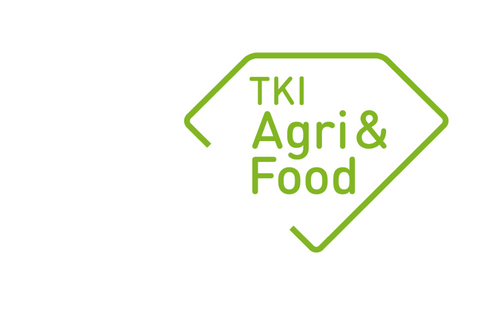Projecttitel: Immuun-fitheid: interindividuele variatie en identificatie van nutriënten die hierop aangrijpen
Projectnummer: AF-18069
Missie: Gewaardeerd, gezond en veilig voedsel
MMIP: Gezonde voeding, een makkelijke keuze (D2)
Looptijd: 2019 – 2022
Budget publiek: € 346.000
Budget privaat: € 346.000
Projectleider: Lydia Afman
Betrokken partijen: Hycult Biotechnology, MJN Innovation Services, Wageningen University & Research
Aging is known to associate with ‘immunosenescence’ defining a gradually increasing dysfunction of the immune system. Both the presence of a chronic state of low grade inflammation or ‘inflammaging’ as well as a deterioration of acute immune responses are often observed in elderly individuals suggestive of a reduction in immune cell fitness. Nutritional interventions have been adopted as a popular strategy to improve immune function and ultimately health. One of the biggest challenges for the nutritional sector is the high variability in response to nutrition which is especially the case for nutritional studies targeting immune cell function. We hypothesize that this may largely be caused by differences in immune cell fitness between subjects. To increase effectiveness of dietary interventions, the first challenge is to distinguish those individuals with immune dysfunction from those that are immunologically fit. Recent insights from the field of immunology have revealed that energy metabolism of innate immune cells is a key factor in determining immunological fitness and functionality. The first aim of this proposal is to screen and subsequently identify immunologically unfit and fit individuals by using an new approach based on both the metabolic and functional properties of easily accessible circulating monocytes. This will include more traditional functional readouts of the monocytes by measuring cytokine release upon stimulation, yet will also encompass innovative detailed characterization of their metabolic fitness using measurements of key metabolic routes including glycolysis and oxidative phosphorylation. Together, these measurements will allow us to identify subjects with immunologically unfit monocytes with impaired functionality. The second aim of this proposal is to examine whether certain nutrients can improve immune cell fitness in these immunologically unfit subjects. First we will screen multiple nutrients in an ex vivo screening tool to identify nutrients that improve immune cell fitness. Second, in a proof of concept study the most promising immune modulating nutrients identified in the ex vivo screening tool will be examined, either individual or in a mixture, on the potency to affect immune fitness in humans. Within this project we will develop an ex vivo screening tool that only requires a person’s blood sample and ex vivo labwork to measure immune fitness. Overall, results of this project may represent a stepping stone to the development of personalized dietary approaches aimed at improving immune function during aging. Ultimately, improving immune cell fitness using effective and targeted dietary interventions will promote longer and healthier life.
Deel dit bericht

